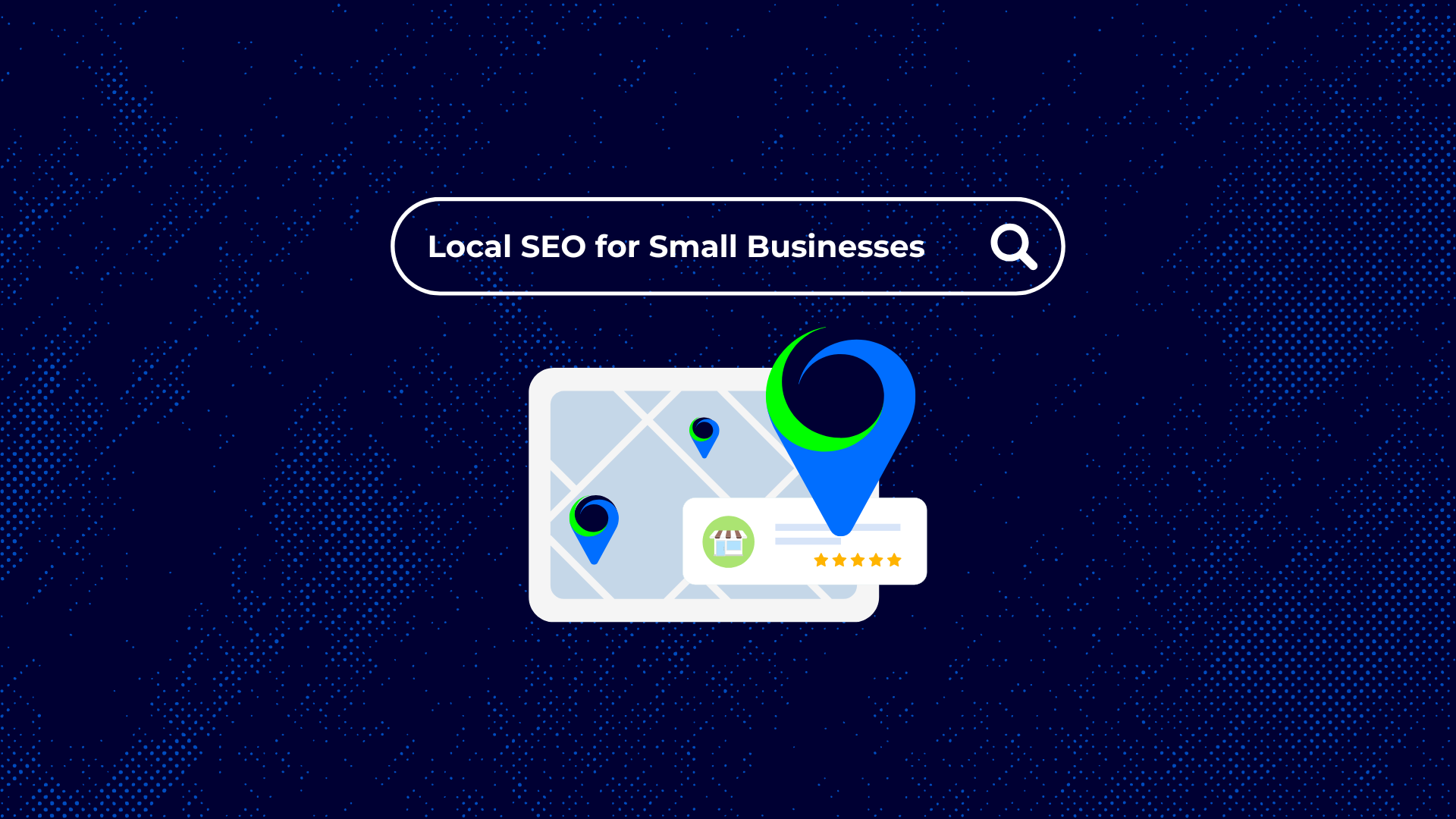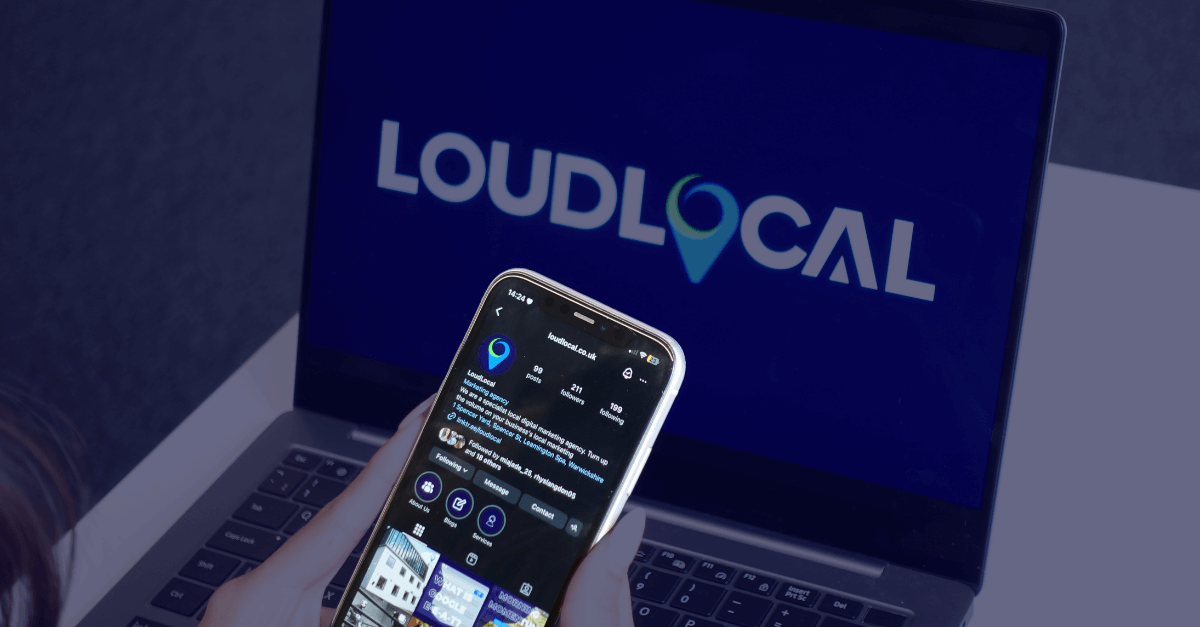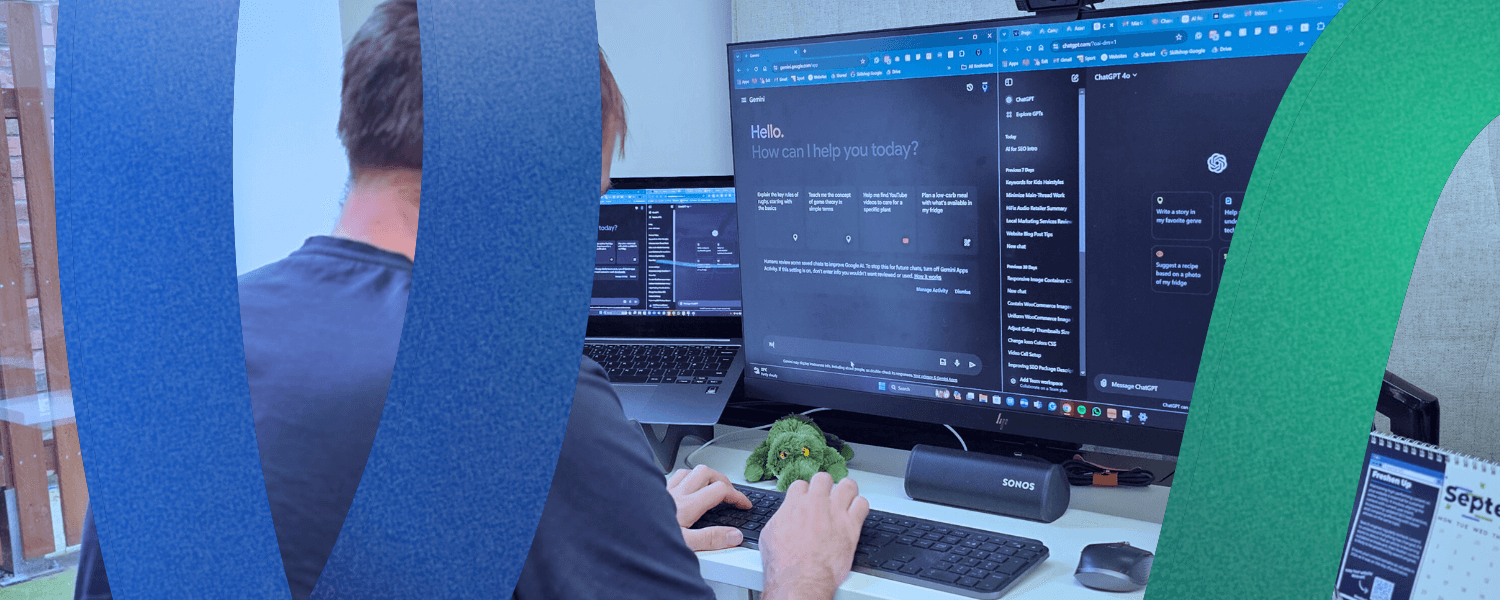How AI Impacts Our Planet & What it Means for Your Small Business
Artificial Intelligence (AI) has rapidly become a part of everyday life, from writing tools and chatbots to customer support and appointment systems....
Got a question, or need help with something?
A member of the LoudLocal team is on hand to help you.
The Brickyard, Unit 2, Queen's Rd, Kenilworth, Warwickshire, CV8 1JQ
5 Merchant Square, Paddington, London, W2 1AY
In this blog, we will examine SEO, specifically how long it takes, why, and what you can do to accelerate the progress.
When discussing the SEO timeline, it's hard to say precisely how long SEO may take to have an effect, as it's entirely dependent on several factors. To see results, it may take anywhere from 3 months to a year. The key to achieving an optimised website is patience and persistence. Let's take a look at some factors that will improve your chances of ranking online;
How quickly your efforts show will vary depending on your SEO strategy. If you have a well-researched and powerfully executed strategy, you will likely produce results at a faster pace. This means you need to make sure you keep up to date with any changes to SEO, as Google's algorithm tends to update frequently.
The Keywords that you target play a key role in how quickly and prominently you appear on Google. Take into account how many other websites are attempting to rank for the keyword. For example, if you're running a restaurant trying to rank online for a broad term like 'Restaurant', it may be trickier as there are most likely several local restaurants aiming to appear for that same keyword, so you may want to try something a little more unique. There are plenty of useful tools online, such as SEMrush, that will give you insight into keyword statistics.
On-page content includes all your blogs, pages, images, and essentially all the physical content visible on your website. Make sure you keep your content up to date, integrating chosen keywords, accurate meta descriptions, accessibility such as alt text, and internal linking. Optimising on-page content is an ongoing task, meaning consistency is the key. It needs to be updated regularly to show Google you are making active changes to improve user experience.
The technical setup is the website's 'behind the scenes'. This is where you manage errors, site speed and performance across all devices. By doing this, you not only make your website more user-friendly but also start to meet the modern standards for search engines, leading to more organic search traffic.
Domain authority is your measure of trust. The more established a website is, the higher its authority score will be. Websites are generally ranked on a scale of 1-100, with 100 being the highest rank.
Ensure that you are producing consistent, high-quality content. Having a good range of well-produced content can significantly enhance your online presence. However, this doesn't mean simply loading your website with endless paragraphs of content and duplicate blogs. Ensure that all your written content provides some form of unique value to the reader. One high-quality piece of content is always better than ten low-quality pieces!
Location consists of online directory optimisation, such as your Google Business Profile, local keywords, localised link building, and community involvement. Your target audience can significantly influence how long it takes to start yielding results.

Using SEO tools such as SemRush and Google Search Console. These tools are here to help give you insight, educate you, and optimise your website.
Ensure your website is accessible, smooth, and works across all devices, i.e., mobile, desktop, and tablet. You can improve accessibility by adding alt text to your pictures, which will give both the user and Google context to your images. If your website isn't user-friendly, you may notice people bouncing off your site as a result. Consider how easy it is to navigate through your website.
One thing you can do to get a head start on local SEO is optimise your Google Business Profile. By ensuring your GMB is updated and active, you will more likely appear in local search results, making it easier for nearby customers to find you. In addition, if you provide updated and essential information, it'll make it easier for customers to connect with you.
Simple tasks such as compressing your images using websites such as TinyPNG can significantly improve your site speed. You should also ensure you've chosen a reliable hosting server. If your website is slow, you may notice people leaving due to frustration. This is why it is essential to ensure your site speed is the best it can be.
Review and research your competitors, look for key opportunities or content, and fill in the gaps. Remember, it's okay to take a little inspiration from the top-ranking search results in Google. They're doing it right, after all.

If you need support with your SEO, consider booking a call with us and speaking to one of our SEO experts or check out our SEO Services page. We are here to help!
If you enjoyed this blog, check out our previous ones in the SEO series: What Is Google E-E-A-T And How Does It Impact SEO?, How Using Rich Results Can Enhance Your SEO, and more. We upload monthly SEO blogs, so why not bookmark them?
Thank you for reading!

Artificial Intelligence (AI) has rapidly become a part of everyday life, from writing tools and chatbots to customer support and appointment systems....

Getting found by local customers online isn’t some magic trick, it’s about making sure your business shows up when people nearby are searching for...

Running a small business is a full-time job in itself, and finding time for social media can feel like an extra task on the list. But here’s the...

AI has rapidly become one of the most transformative tools for content creators, developers, and digital marketers. With tools like ChatGPT leading...
%20(1).png)
4 min read
For years having a robust SEO (search engine optimisation) strategy has proven to be an essential element of a digital marketing strategy...
1 min read
Why Local Search Engine Optimisation (SEO) is Important If you are a small or local business, reaching people in your local area is vital for...